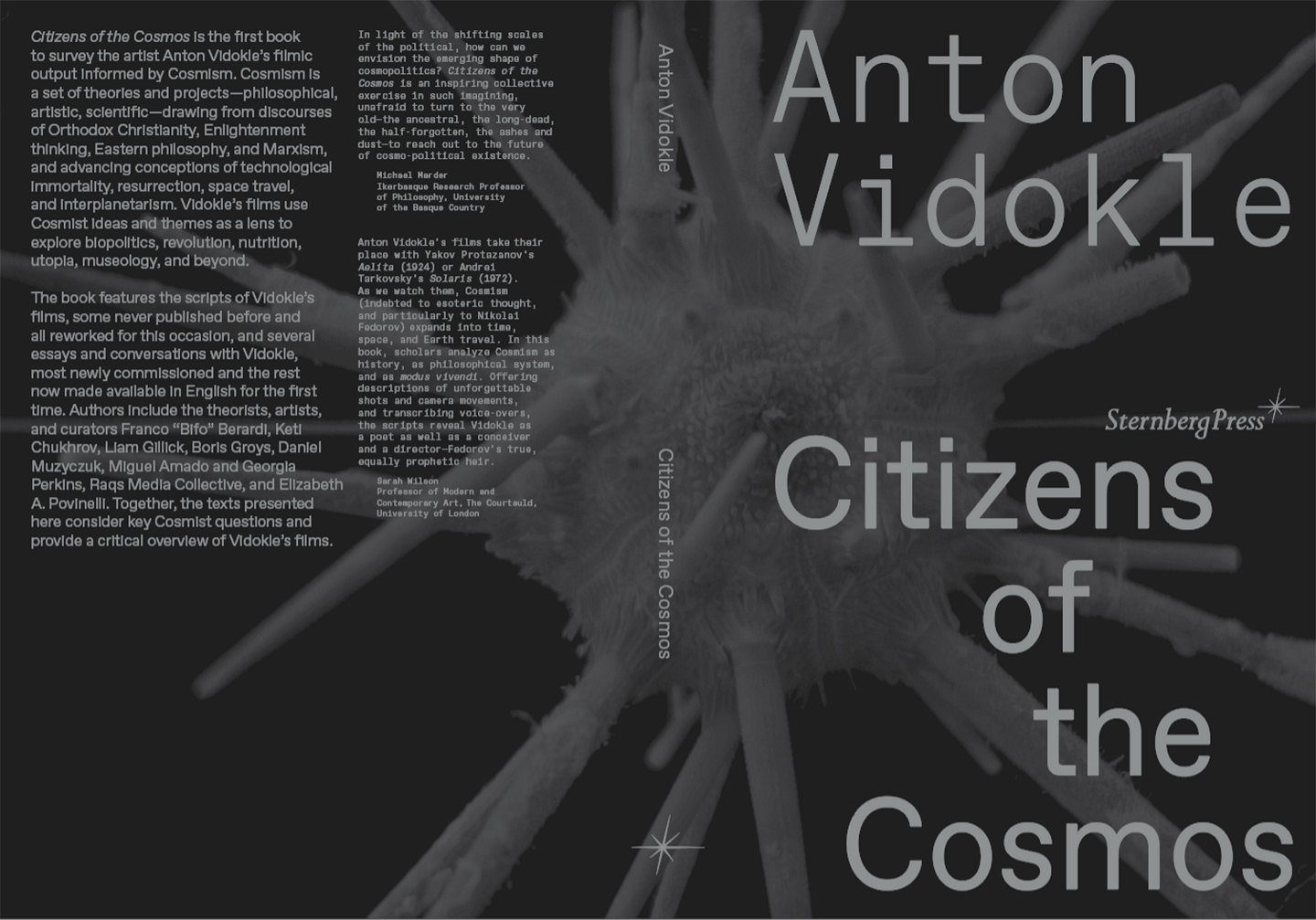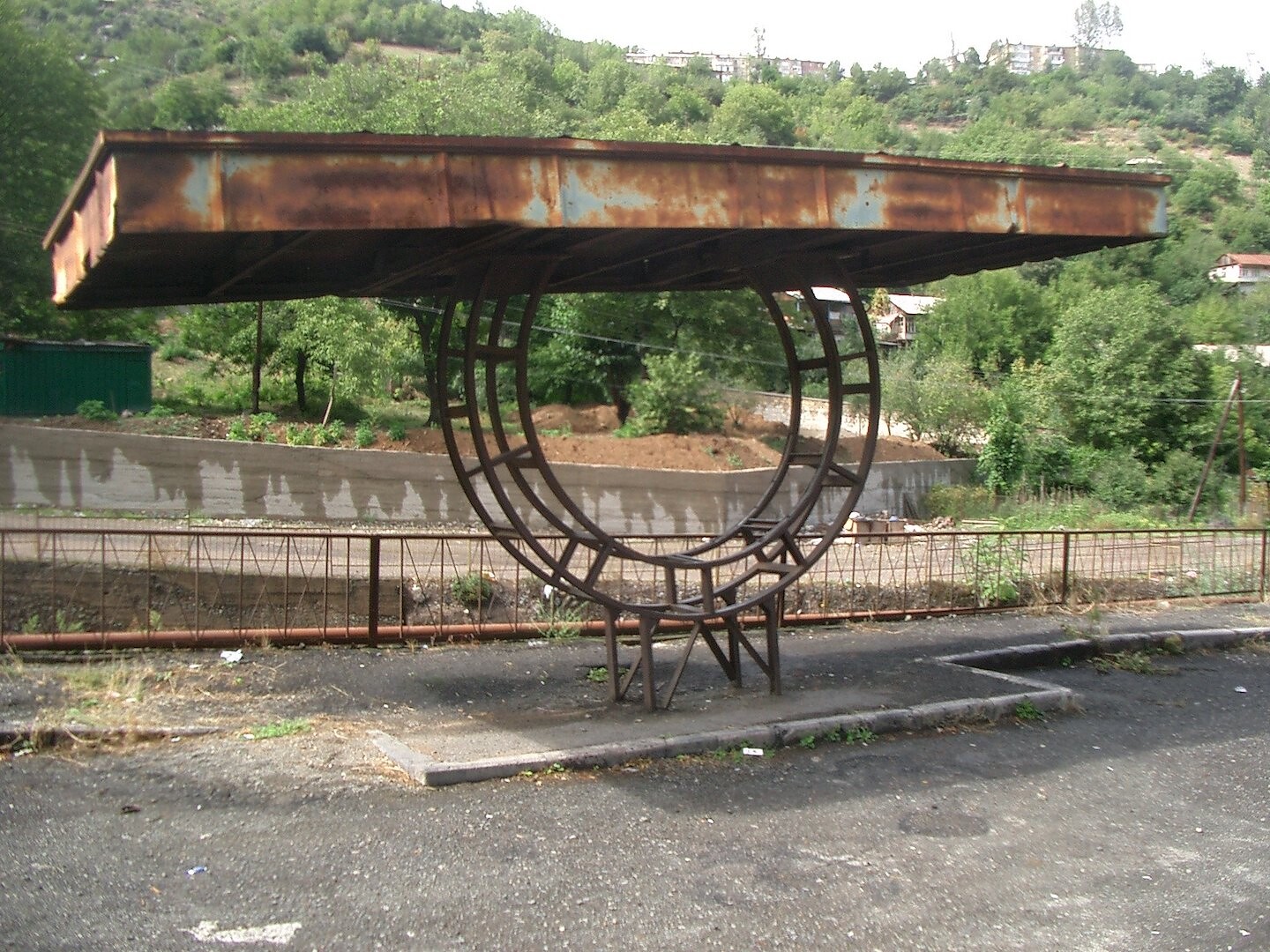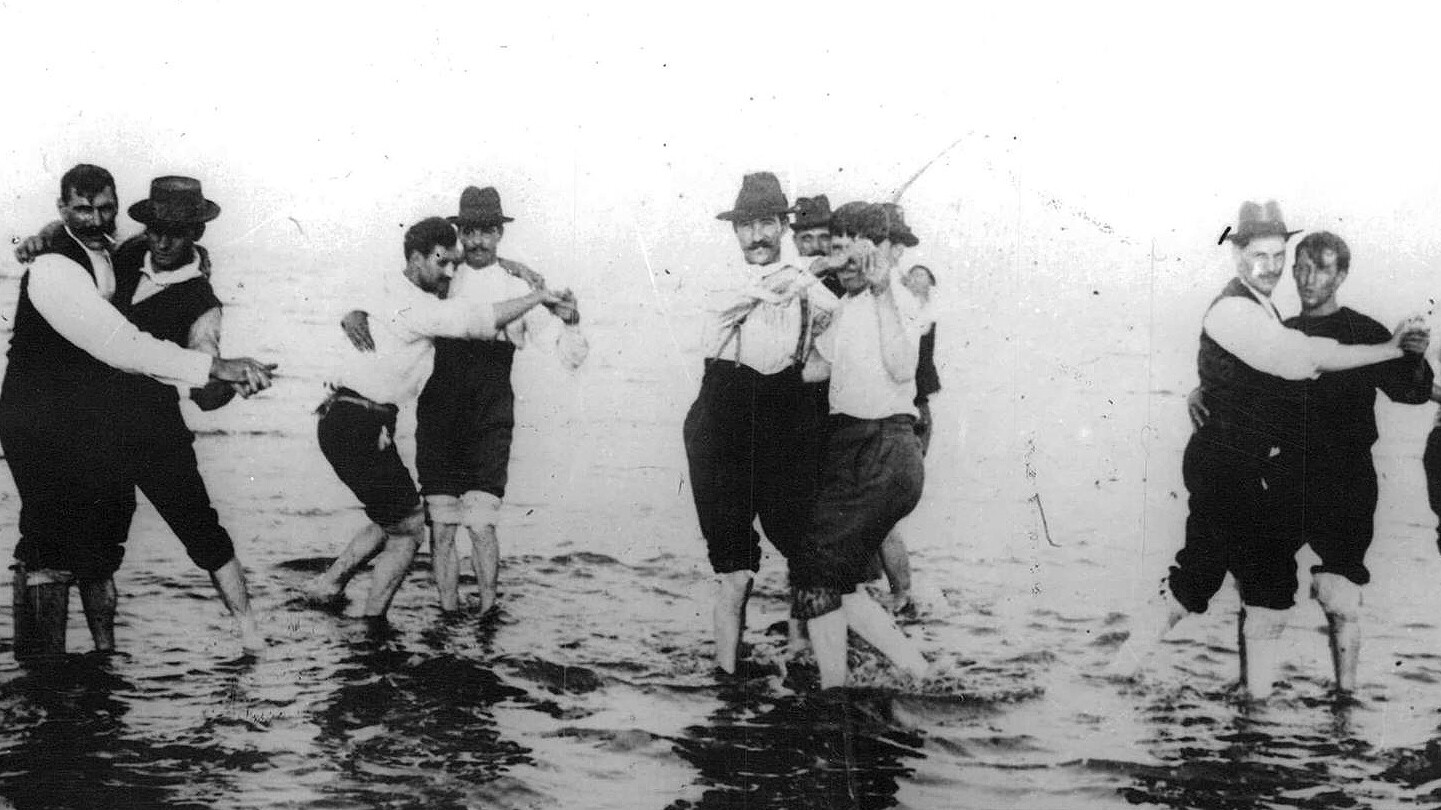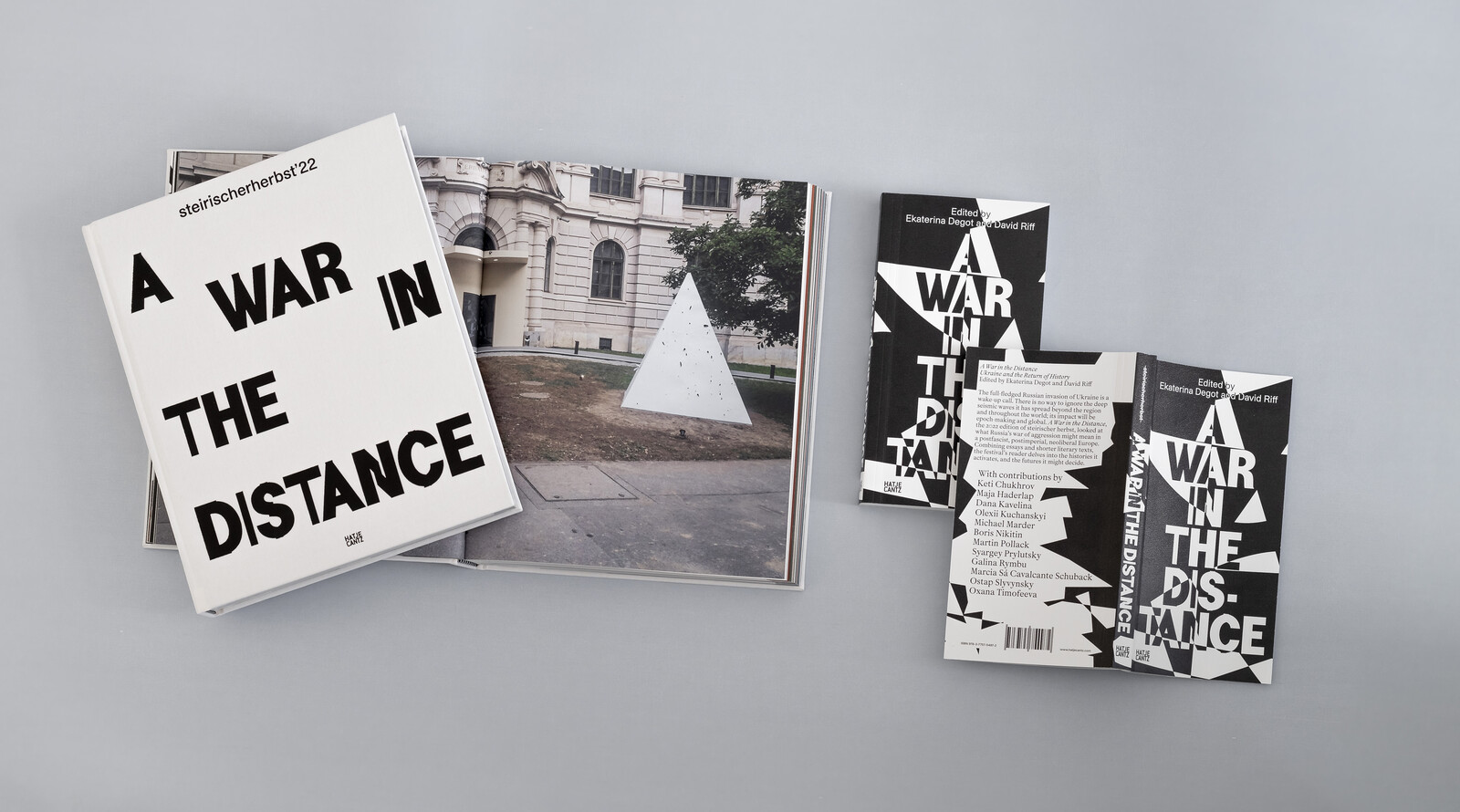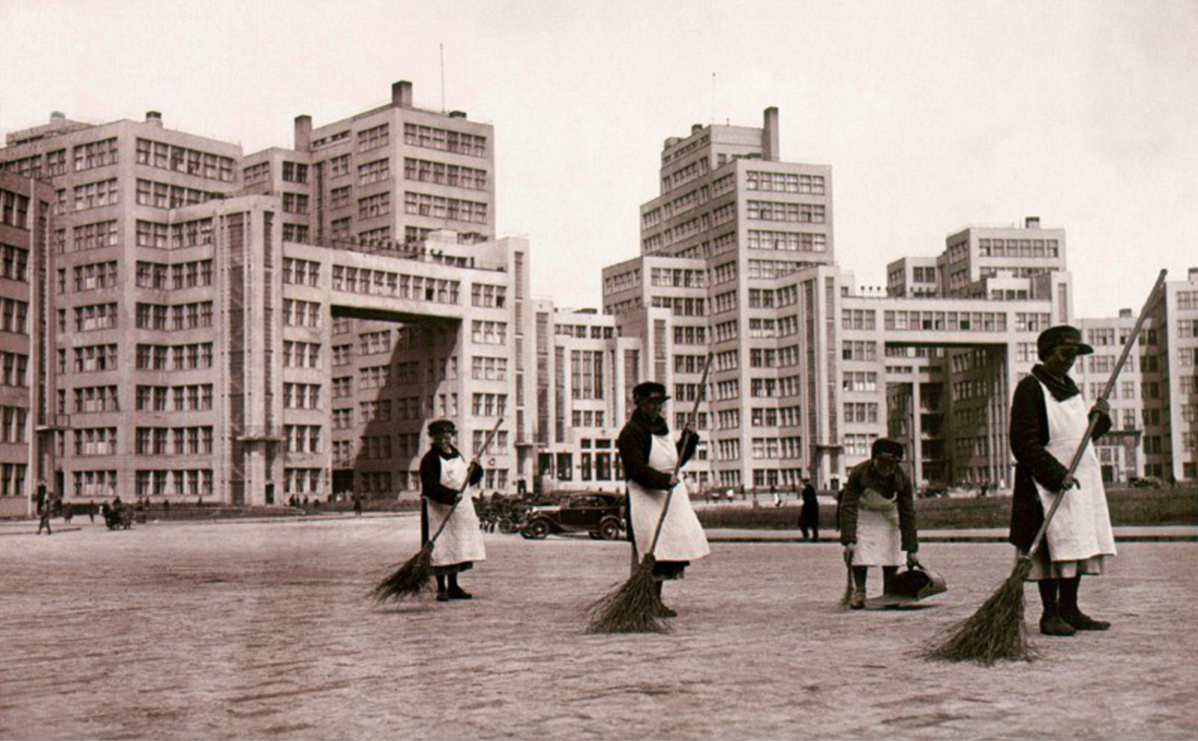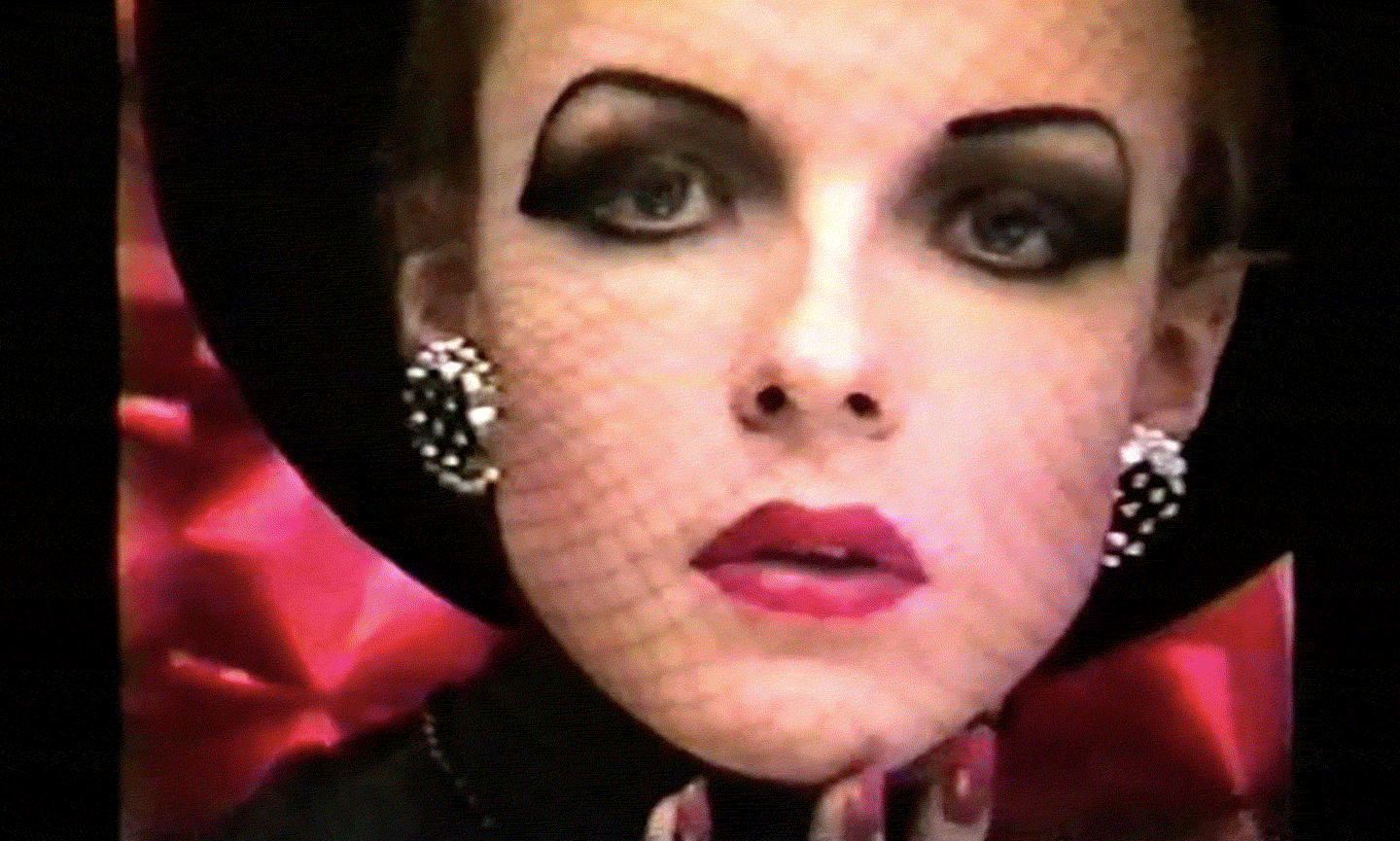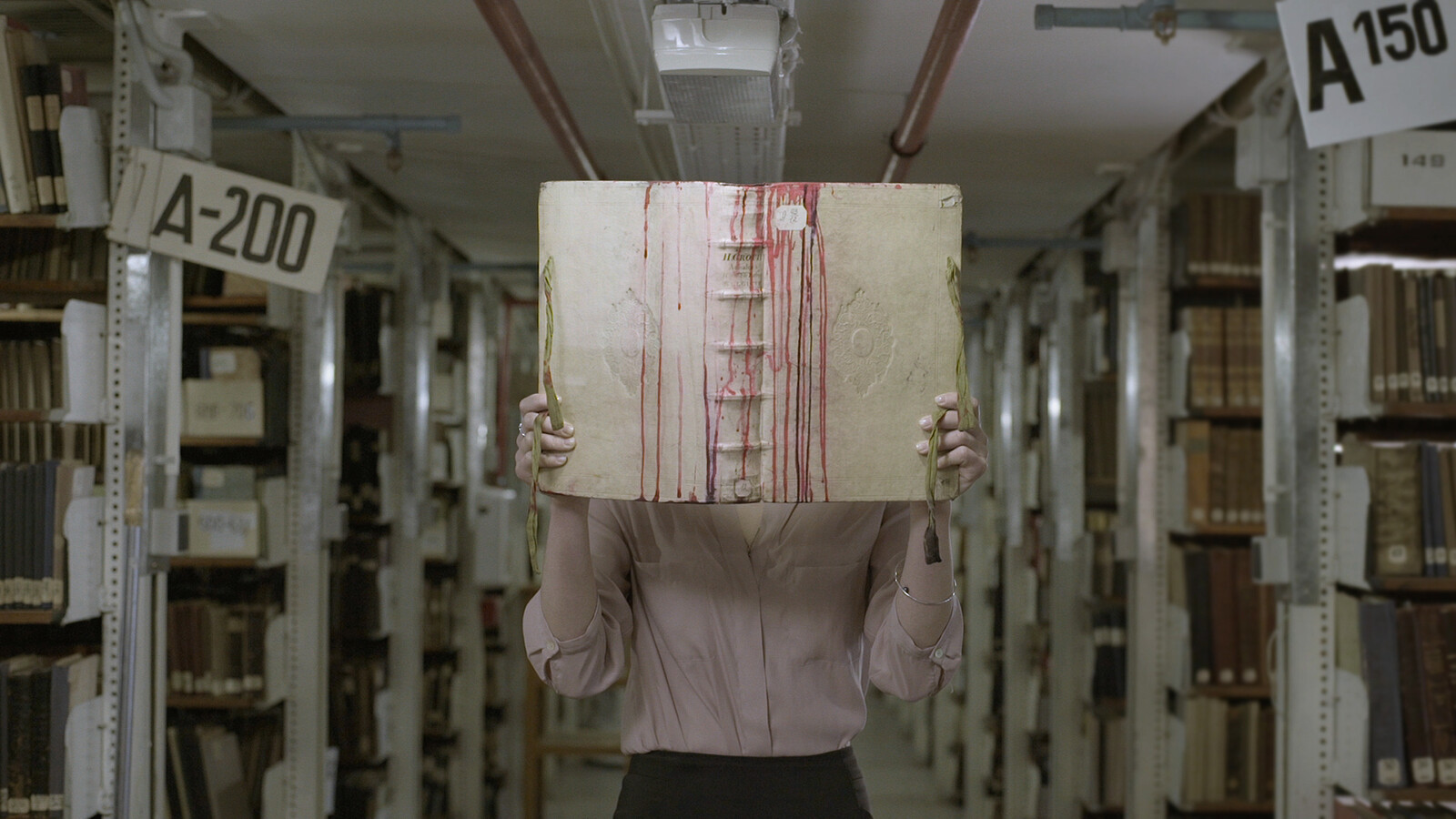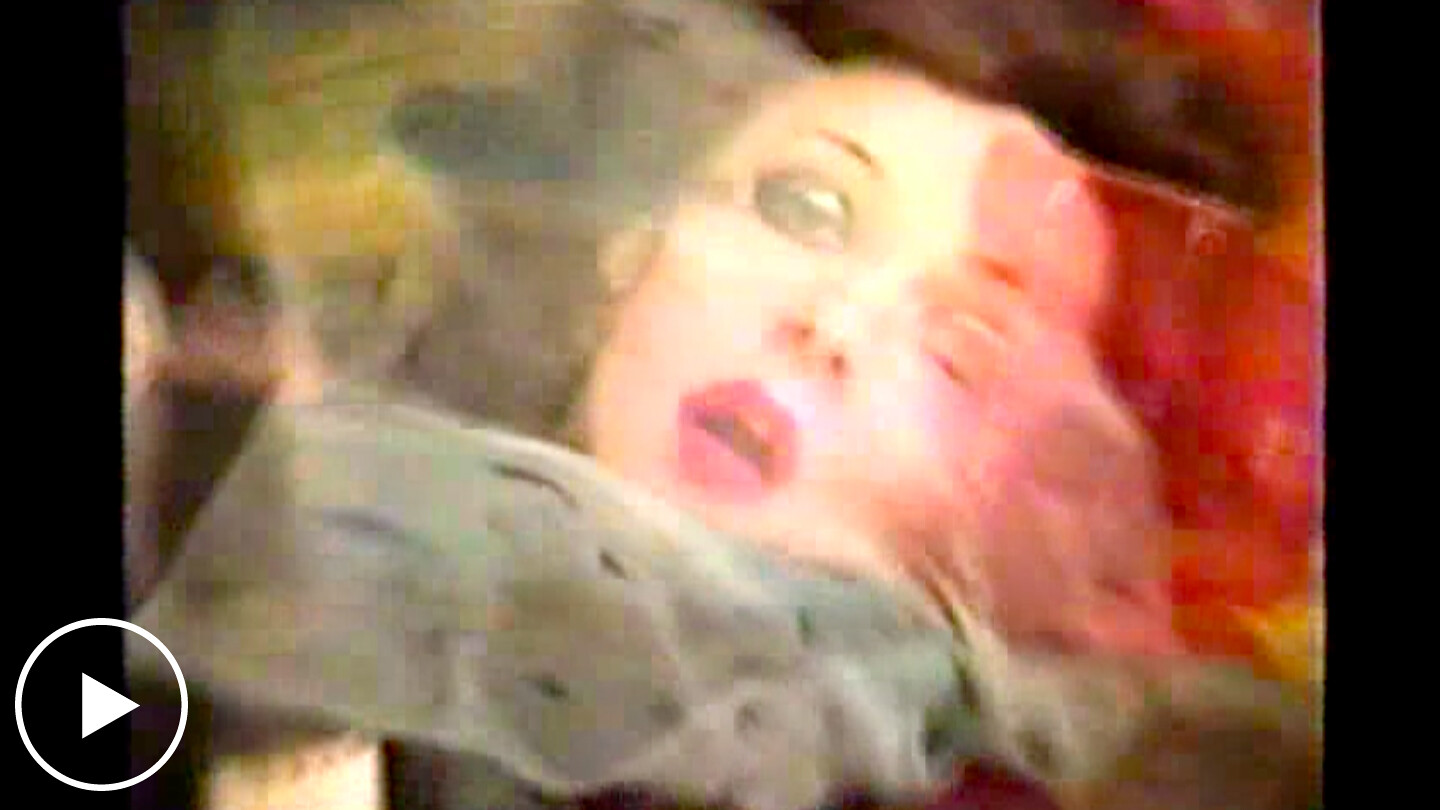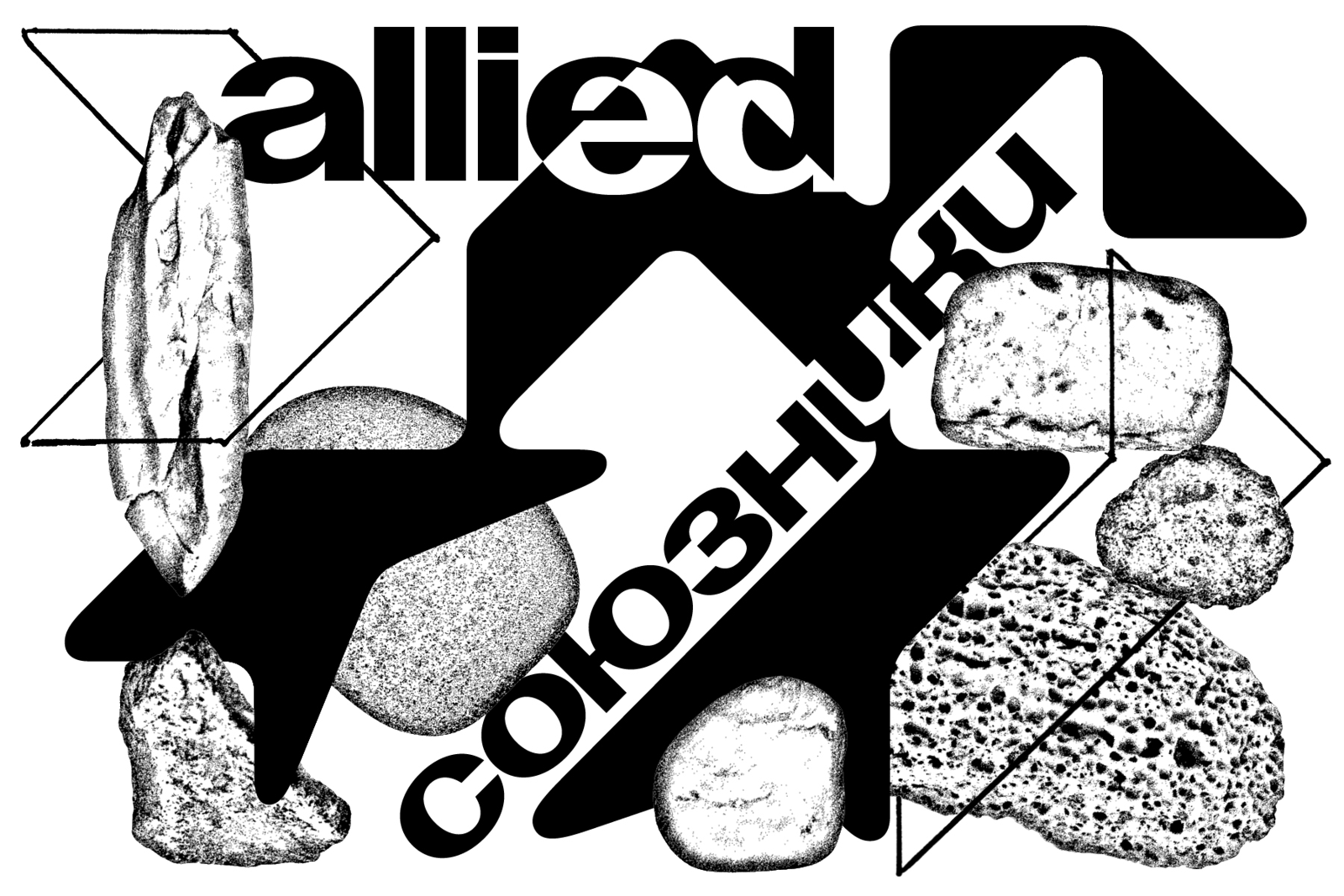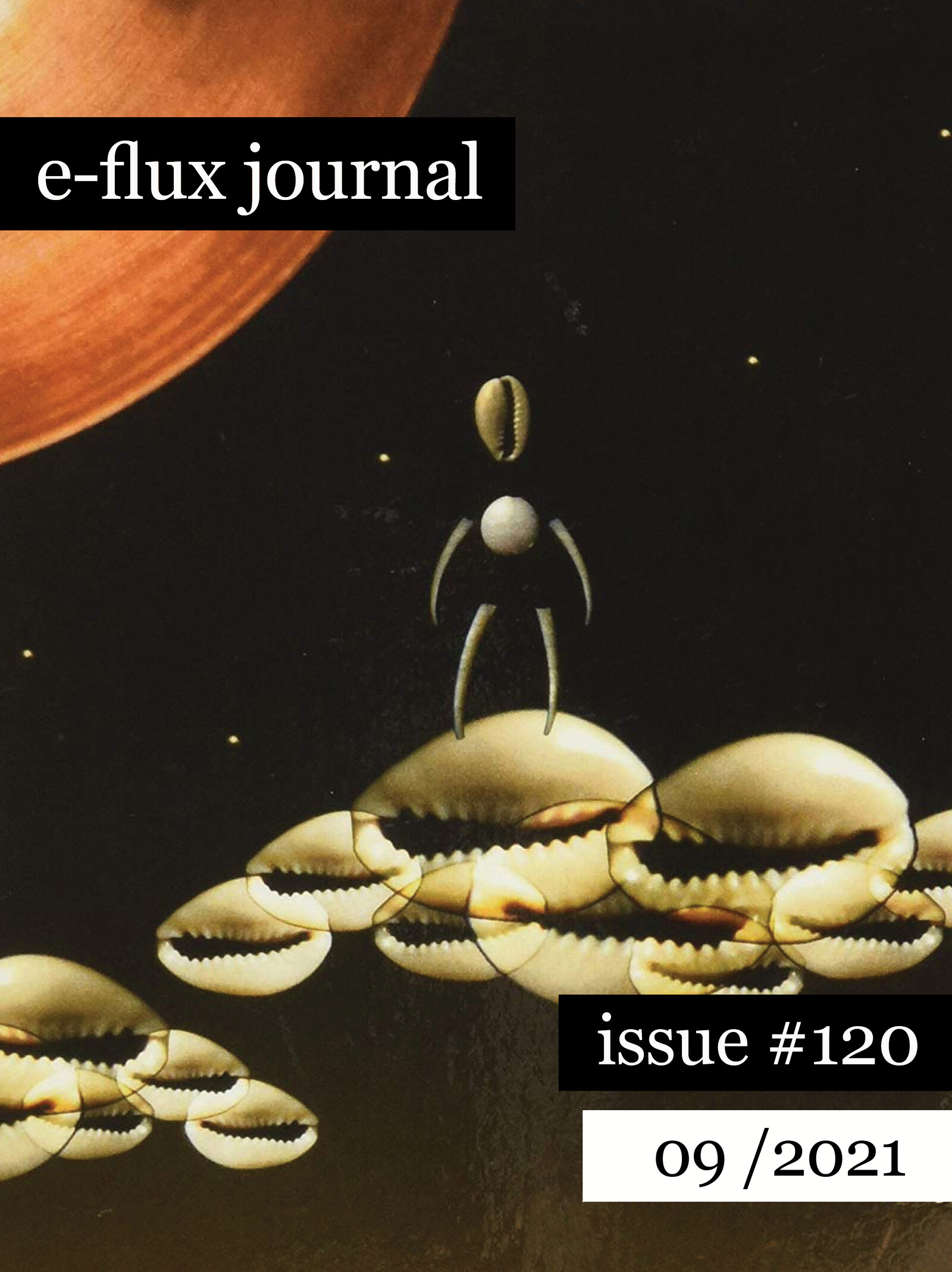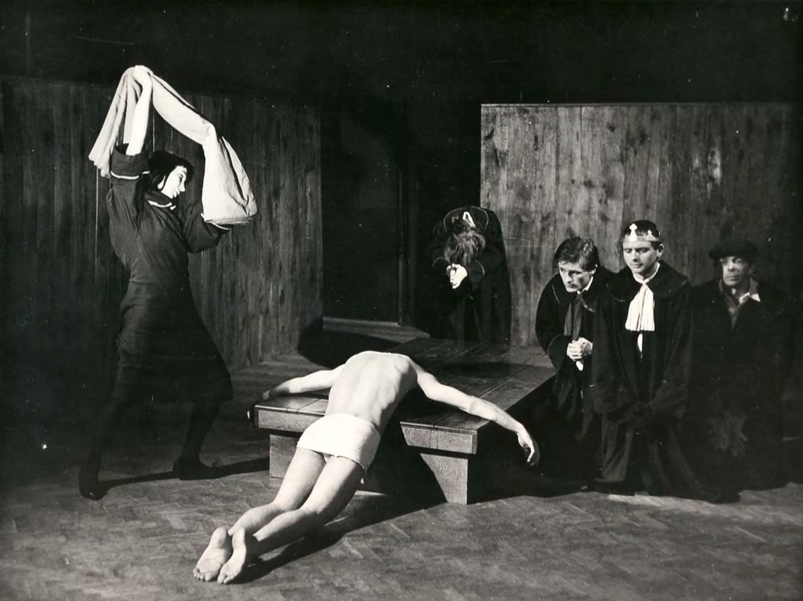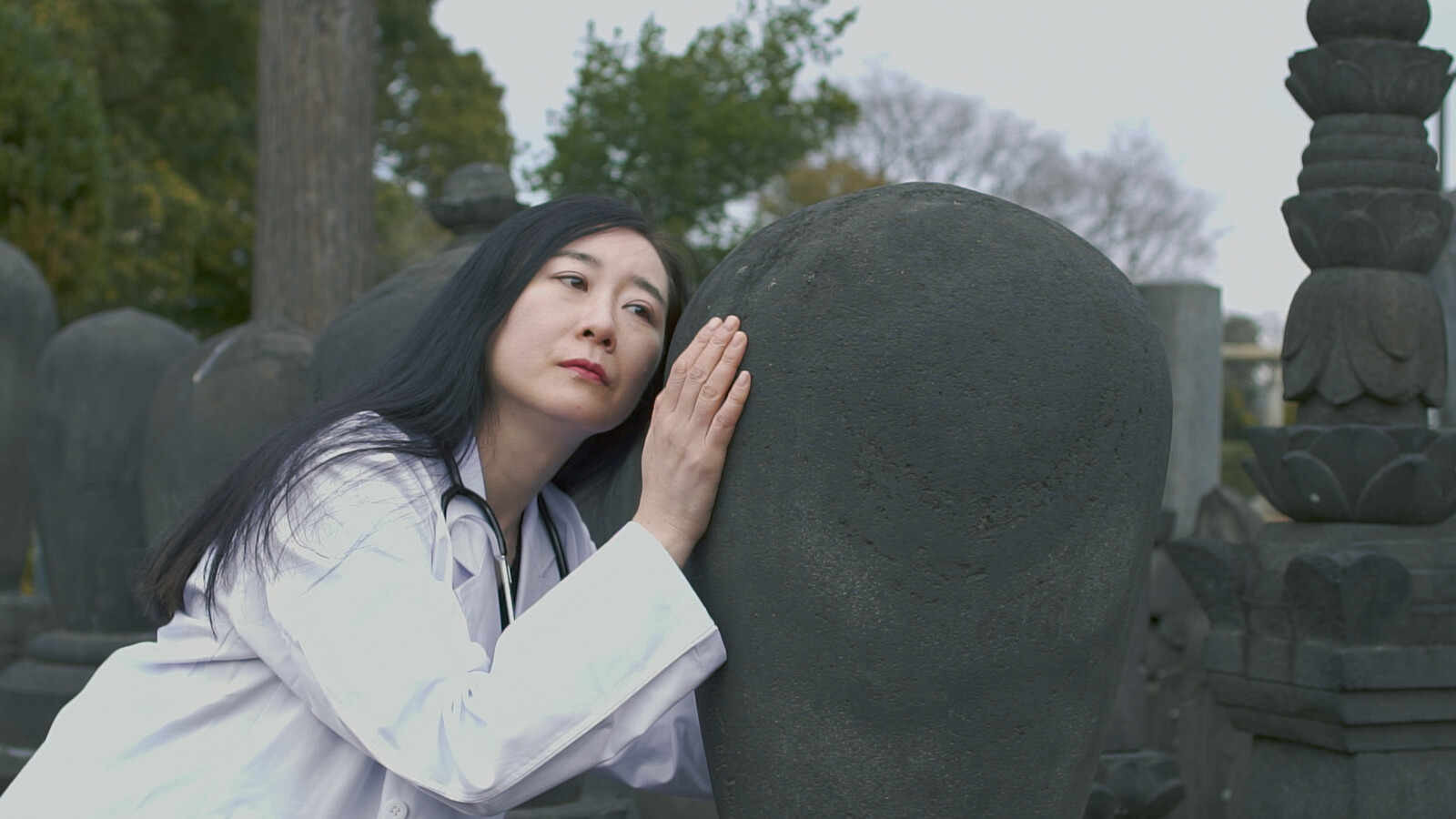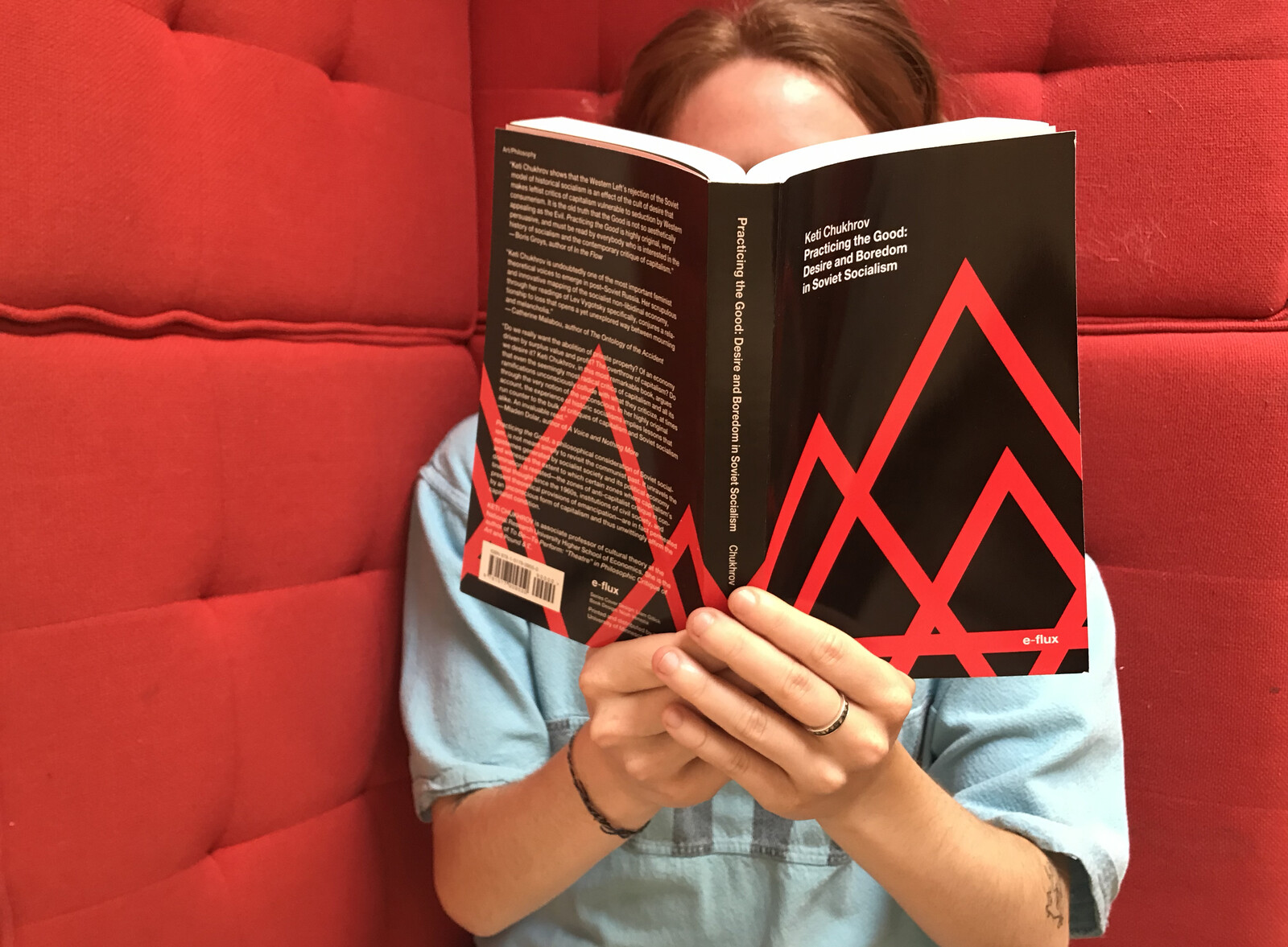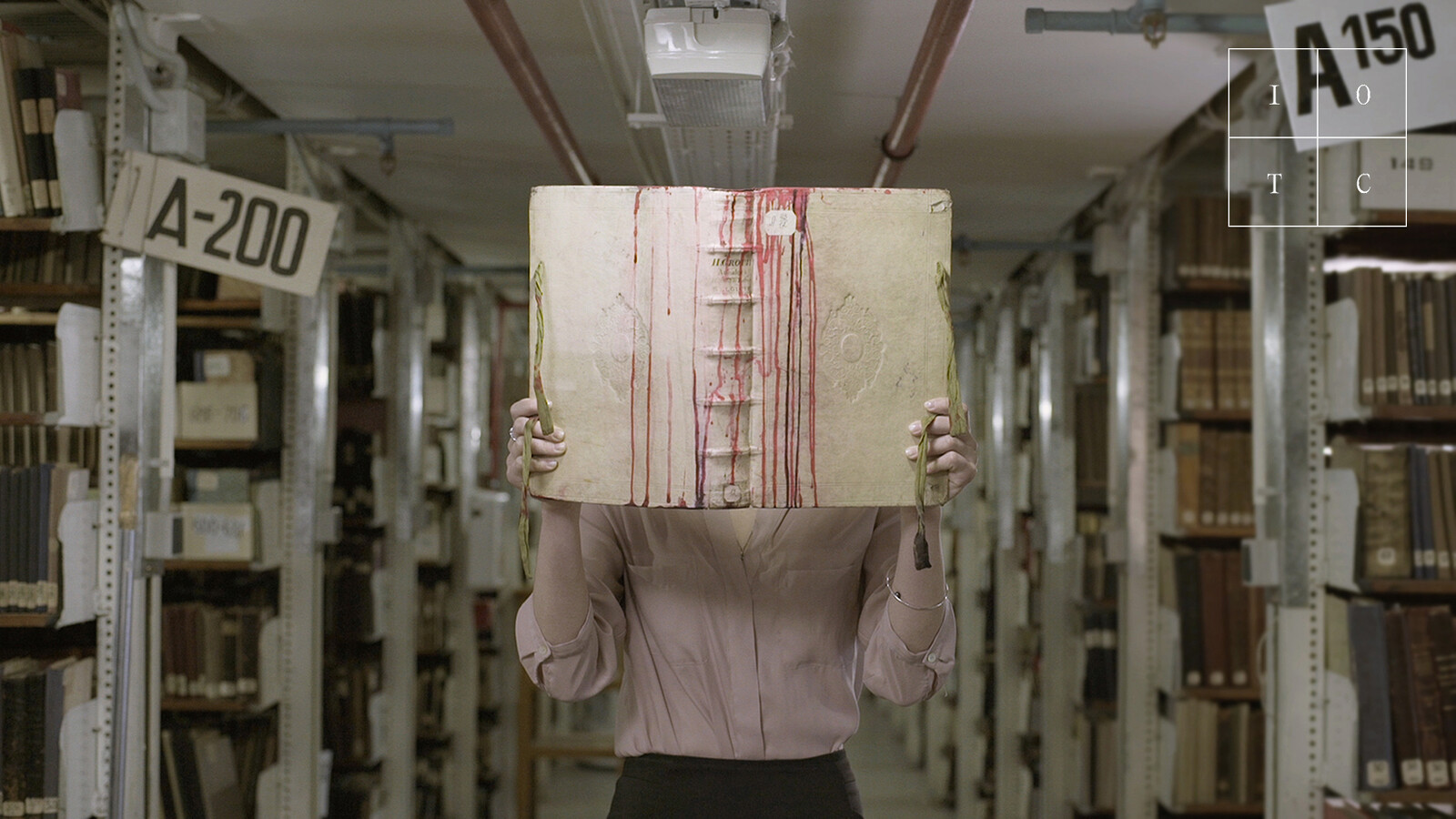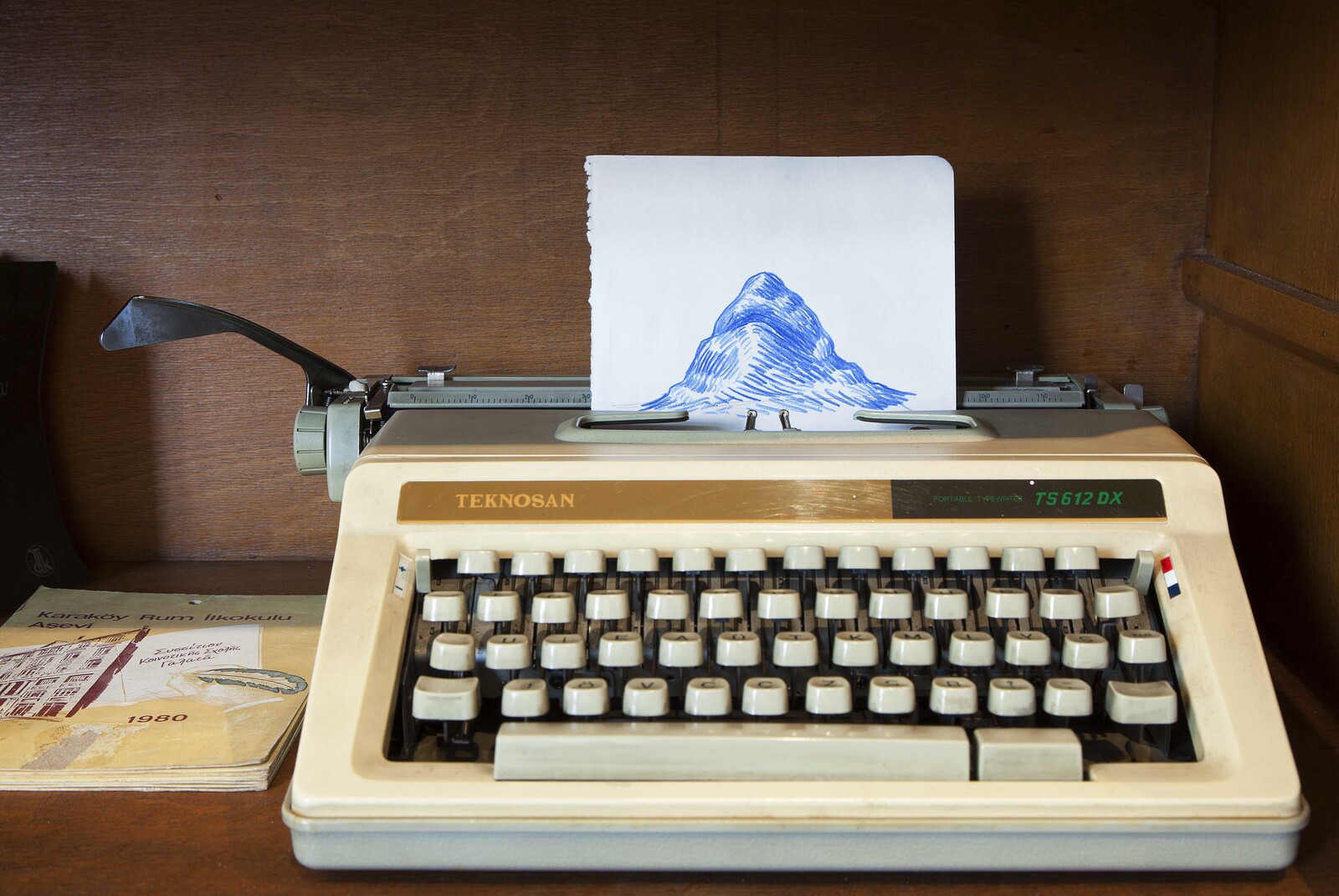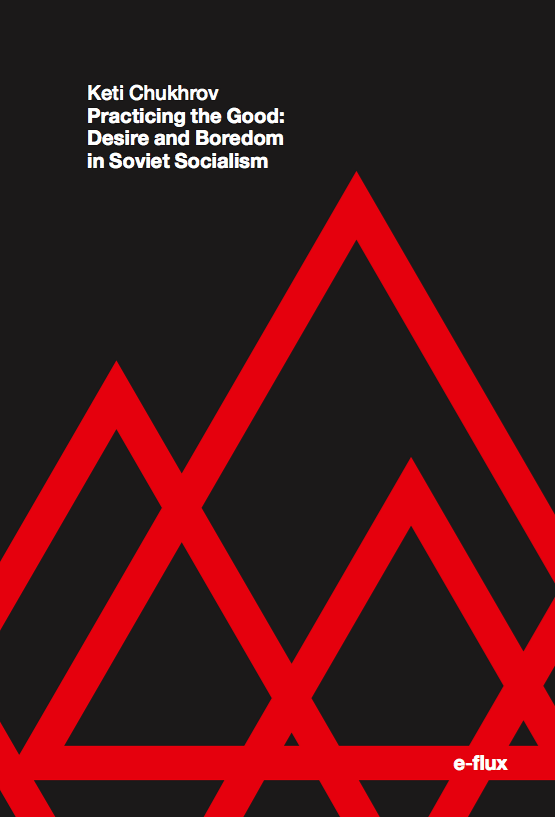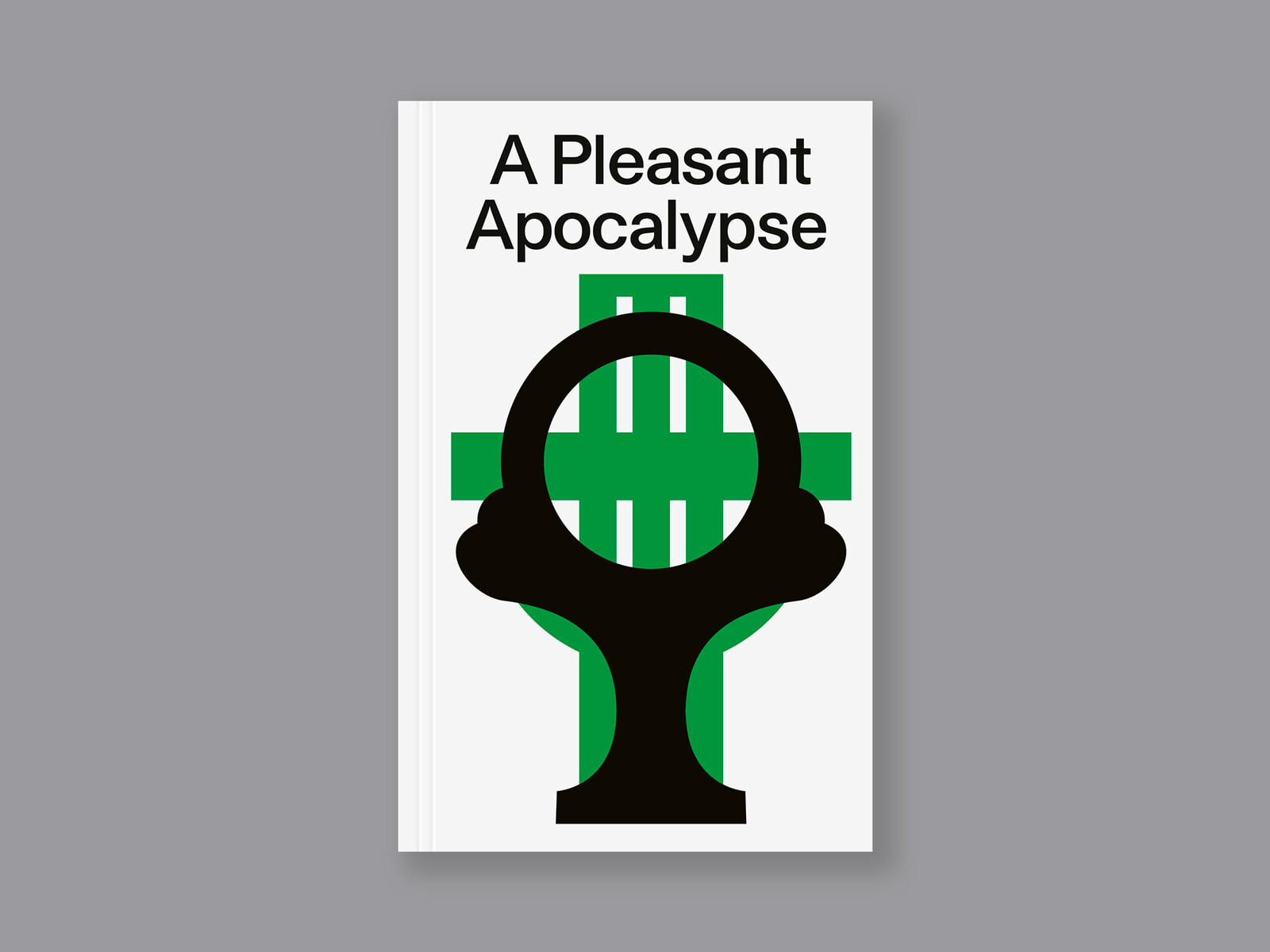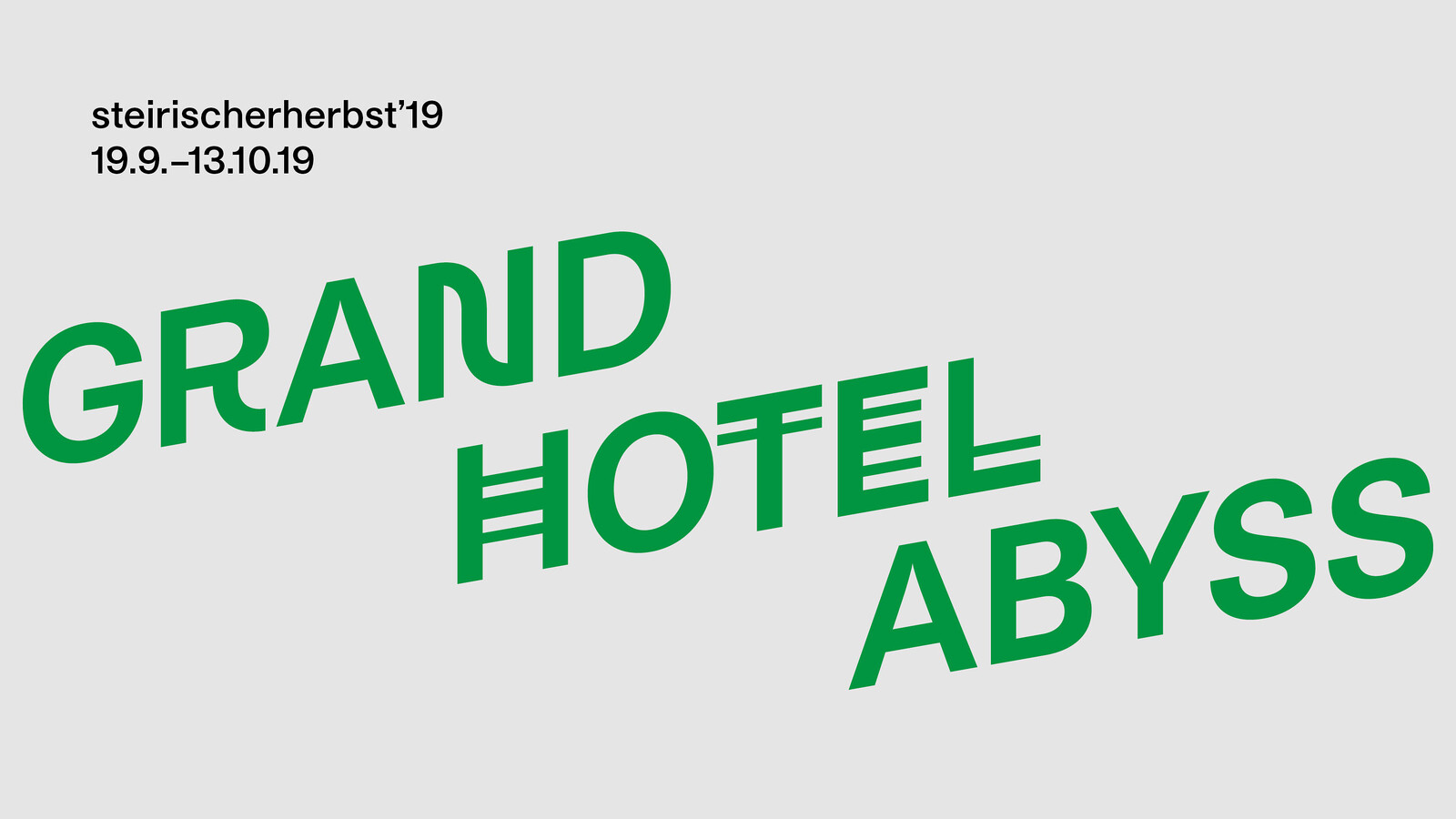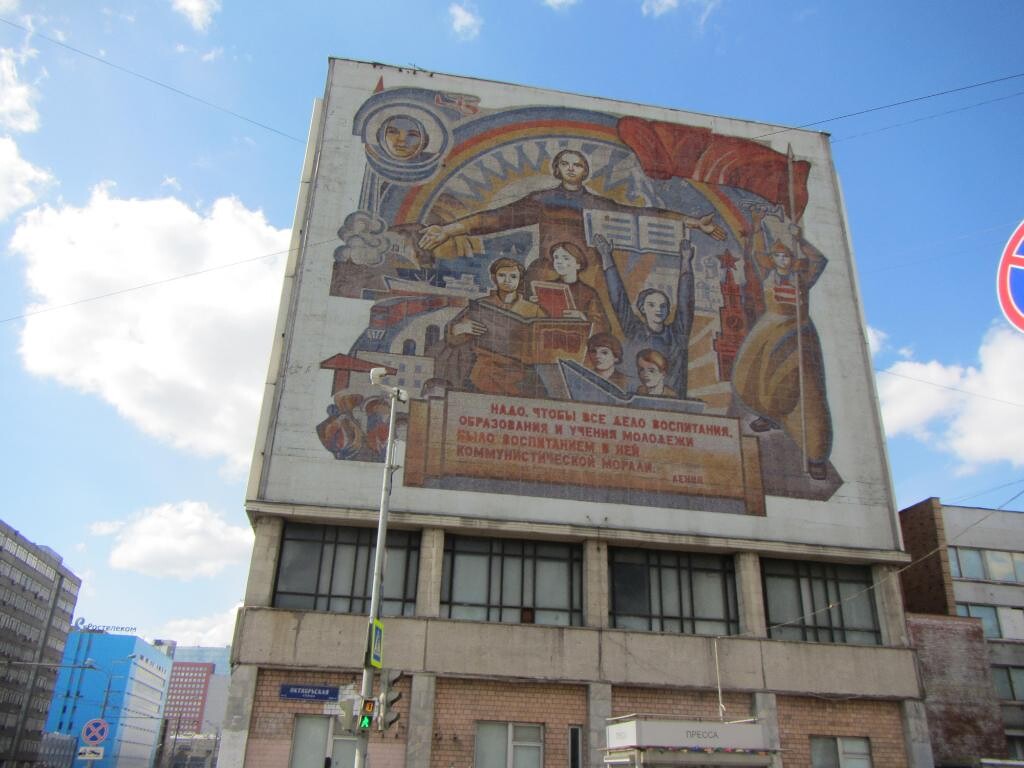Keti Chukhrov Read Bio Collapse
Keti Chukhrov is a guest professor at the Karlsruhe University of Arts and Design, Germany, and at Linkoping University, Sweden. She is the author of Practicing the Good. Desire and Boredom in Soviet Socialism (University of Minnesota Press/e-flux, 2020).
Modernity’s aesthetic context is thus based on the pursuit of a lost object. That is why the kinetic body must be artificial, disciplinary, sculptured, and architectonic—in music, in the theater, and in choreography. Western European modernity’s performative paradigm is orchestrated in such a way that the body must acquire impossible abilities and exist in “impossible” conditions, because every moment that we lose irretrievably in a time-dependent work must be perfectly beautiful. Performance should consist of these fleeting moments, whose disappearance is compensated for by the fact that every moment is a perfect monument to its own disappearance, with the viewer observing the ideal’s retroactive progress. The work of art, whether theatrical or musical, is composed of extreme moments that drop out of the chronicle of time: the work is thus opposed to the chronic present.
In avant-garde rhetoric, as appropriated by contemporary art, the ideas of social engagement and artistic achievement have been almost identical: after art’s self-sublation, its principal goal has supposedly been social engagement. Yet despite the internalization of the avant-garde’s socially oriented legacy, the true episteme and achievement of art since the 1960s has been conceptual surplus rather than social involvement. The negative antisocial character and vicious genealogy inherent to art since early modernist practices fostered various manipulations of this conceptual surplus, which eventually turned into the surplus value—the “metaphysical index”—of art’s economics, as Diedrich Diederichsen puts it. Regardless of whether this surplus is a cognitive gimmick, symbolic capital enhancing the cultural impact of an artwork, or a financialized abstraction simply increasing the cost of art, it has functioned as a hidden power of art in contemporaneity, and has been effectively disguised by art’s stated good will and emancipatory intentions. But what happens to art as an institution of contemporaneity if its codex of self-sublation and the logic of conceptual surplus are demolished by post-secular, post-conceptual cyber-fantasies?
Revealing the hidden desire for capitalism in contemporaneous anticapitalist discourse and theory.
